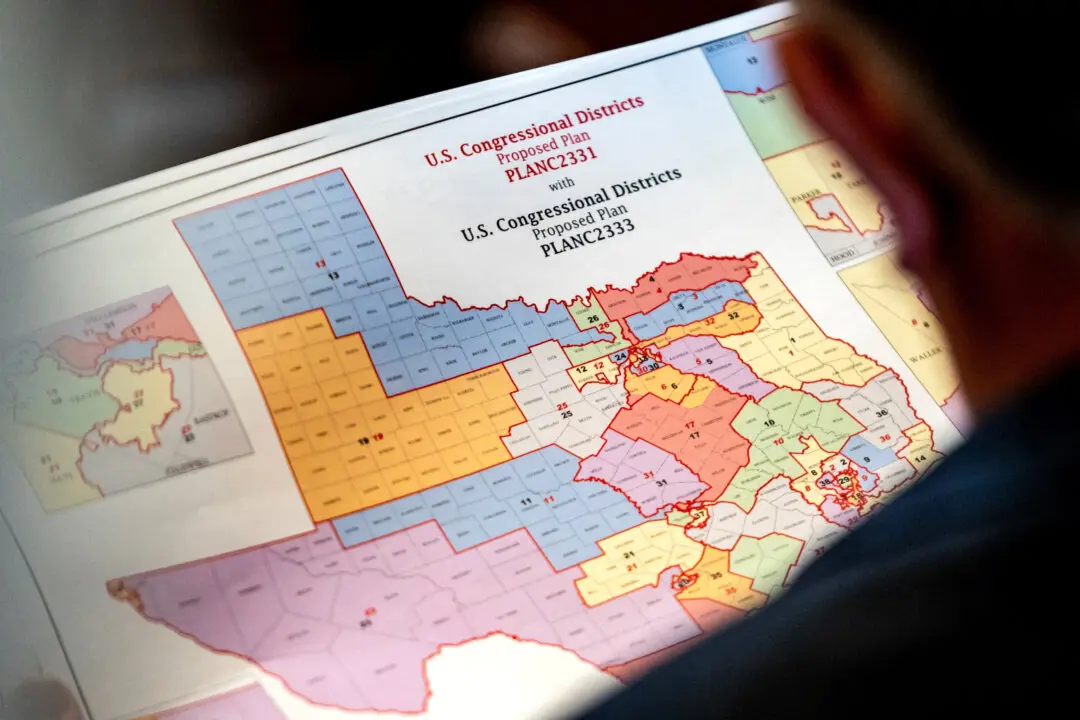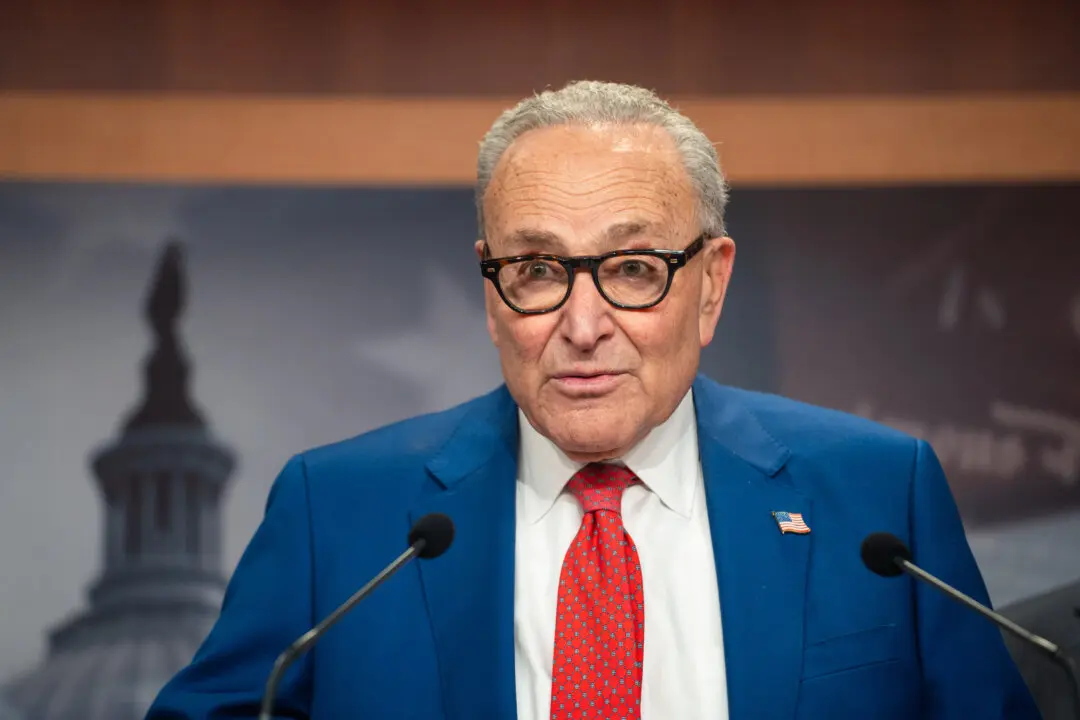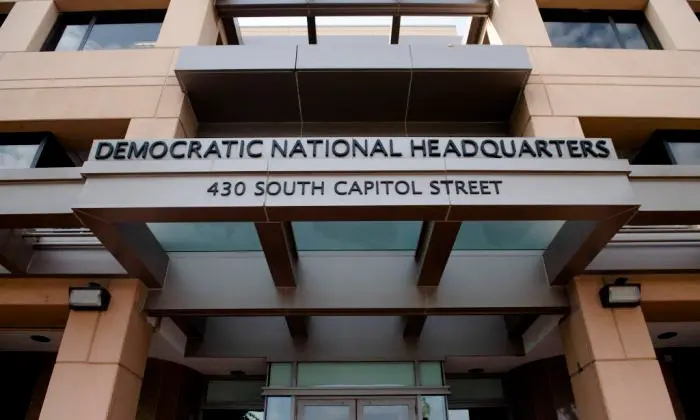Democrats in the House of Representatives have introduced a constitutional amendment to overturn the Supreme Court’s controversial Citizens United v. FEC decision made in 2010.
The court ruled 5–4 that the free speech clause of the First Amendment prohibits the government from restricting independent expenditures for political campaigns by corporations and overruled an earlier decision that banned corporations from making “electioneering communications.”





